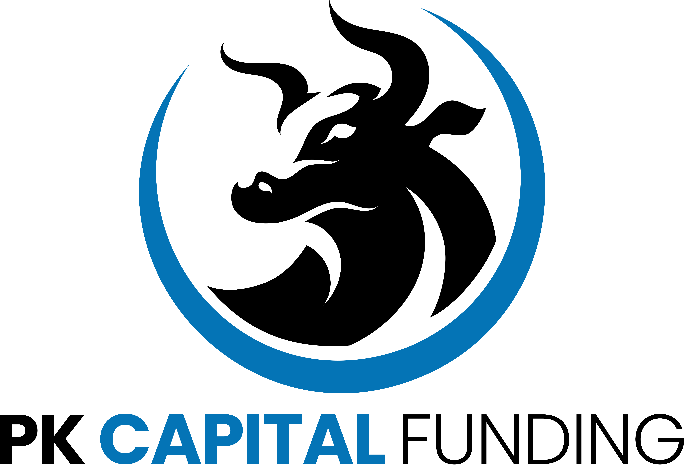People who are dependent on others give “outside” forces the power to rule over them. Understanding what you can manage is the key to financial stability.
First, pay yourself. Paying yourself first entails prioritizing your family and yourself over other financial responsibilities. Being kind to oneself initially is a sign of respect. The goal must be your first consideration. Put a certain amount into an investing program each month, regardless of any debts you may have. If you routinely invest even a modest amount of money at a good rate of return, it’s astonishing how your money can increase.
Identify Your FIN
A Financial Independence Number (FIN)—what is it? It’s the total amount of savings required for you to be able to quit your job and retire. The retirement savings withdrawal rate, inflation, anticipated costs, and any incoming income are all taken into account by the FIN. Finding out your FIN is crucial since it will help you decide what steps you need to take to get there before retirement.
Reorder Your Concerns
There is a saying that goes, “If you make $10 and spend $9, you’re happy. If you make $10 and spend $11, you’re miserable.” It’s important to bear in mind this when you set out on your path to financial independence: what matters is what you retain, not what you earn.
Modify Your Approach
Your perspective on money matters a great deal. Your thinking has great influence, particularly when it comes to finances. This explains why a large percentage of lottery winners lose what they win. It clarifies why there are so many self-made millionaires. What distinguishes the two groups from one another? It’s the way their minds work. You will never be financially comfortable if you believe that you don’t deserve it.
Not Enough Credit Value
Today, having good credit is a vital asset. When you have a genuine need to borrow money, bad credit—including a terrible credit history, late payments, etc.—can build a negative financial profile that may come to light.
Stacking Your Cards High
Utilizing your whole credit limit is never a smart idea, regardless of what it is. Building up a sizable credit card debt might lower your credit score, result in debt, and make it more difficult for you to get loans in the future. It’s ideal to pay off your amount on a monthly basis.
Not keeping an eye on your credit score
Your ability to obtain credit, the interest rate on your loans, the price of your vehicle and homeowner’s insurance, and your ability to rent an apartment or a house can all be influenced by your credit score.
Unaware of Your Interest Rate and Costs Credit cards differ greatly in their fees. Prior to accepting a credit card, always make sure you are aware of the interest rate and annual fees.
